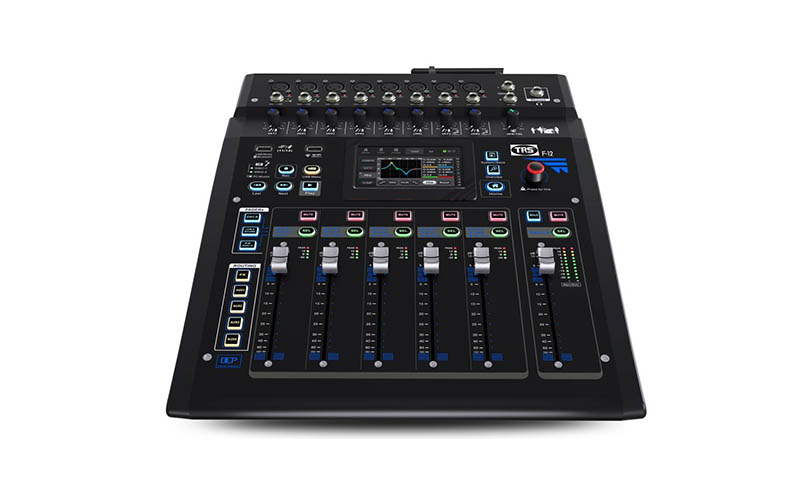In the realm of audio production, technology has evolved rapidly over the years. One of the key innovations that has transformed the industry is the introduction of digital mixers. These sophisticated devices have become essential components of modern audio systems, and here’s why we need them.
1. Unprecedented Control and Flexibility:
Digital mixers offer an extensive array of features and functionalities that were unimaginable with their analog predecessors. They provide sound engineers with an unprecedented level of control over audio signals. Every parameter, from EQ settings to effects and routing, can be precisely adjusted and saved as presets for easy recall. This level of control is invaluable for achieving a flawless mix.
2. Compact and Portable:
Digital mixers are known for their compact and portable designs. Unlike bulky analog consoles, digital mixers are often lightweight and space-saving. This portability is a significant advantage for live sound engineers who frequently move their equipment from one venue to another.
3. Recall and Presets:
With digital mixers, you can save and recall settings effortlessly. This capability is a game-changer for repetitive events, ensuring that the audio setup remains consistent across different performances or sessions. It simplifies the workflow and reduces setup time, making it a practical choice for professionals and venues with a busy schedule.
4. Enhance Sound Quality:
Digital mixers are designed to maintain the integrity of the audio signal. They offer pristine sound quality, minimal signal degradation. This results in a cleaner and more transparent audio output, perfect for recording studios, live concerts, and broadcast applications.
5. Advanced Signal Processing:
Digital mixers come equipped with built-in signal processing capabilities. This includes a wide range of onboard effects, such as reverbs, delays, compressors, and equalizers. Engineers can apply these effects to individual channels, enhancing the sound and adding depth to the mix without the need for external processing equipment.
F-12 Digital Mixer For Conference Hall
6. Remote Control and Network Integration:
Many digital mixers can be controlled remotely via dedicated software or even mobile apps. This feature is particularly useful in situations where the sound engineer needs to make adjustments from different locations within a venue. Additionally, digital mixers often support network integration, enabling seamless communication between various audio components in complex setups.
In conclusion, digital mixers have revolutionized the world of audio systems by providing unparalleled control, flexibility, and sound quality. They have become indispensable tools for sound engineers, offering an efficient and effective way to achieve exceptional audio experiences.
Post time: Nov-03-2023

